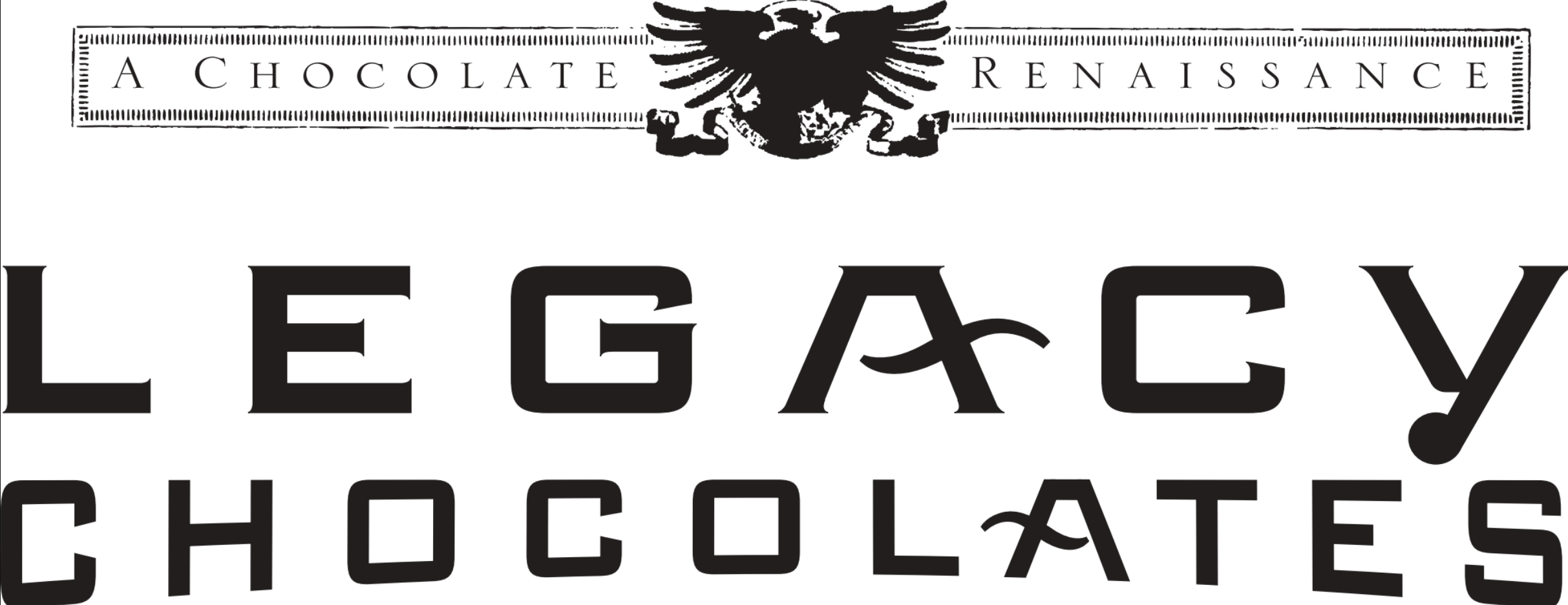You’ve probably heard people describe themselves as “chocoholics”. But can people really become addicted to chocolate? And is part of chocolate’s “addictive” nature due to its reputation as an aphrodisiac?
So what is it? Is chocolate an aphrodisiac? Is it addictive? For centuries it was thought to be both. The Aztec leader Montezuma allegedly drank fifty cups a day, particularly before he visited the women in his harem. Casanova preferred chocolate to champagne. But despite the fact that chocolate and Valentine's Day are virtually synonymous, there is no scientific evidence that chocolate has aphrodisiac properties, nor is it chemically addictive. Chocolate does contain several psychoactive ingredients - the stimulants caffeine and theobromine, the endorphin phenylethylamine (a mood enhancer), and tryptophan (which triggers serotonin production) - but in small amounts. Studies suggest that to feel a chemical high, a person would have to eat more than 25 pounds of chocolate at one time, and it would still not be addictive; as much as we love chocolate, we do not recommend consuming 25 pounds in a sitting. However, people can - and do - have cravings for chocolate, which may be related to habit emotions, or cultural factors. So while it may seem that a craving for chocolate is due to the treat’s addictive nature, it likely has more to do with how you feel about chocolate than any actual physical properties.
Either way, if you're looking for an emotional high, to curb a craving, or get in the mood, we have the products to meet your needs. Stop by our coffee shop in downtown St Paul to sample our handmade chocolates. You won’t regret it!





